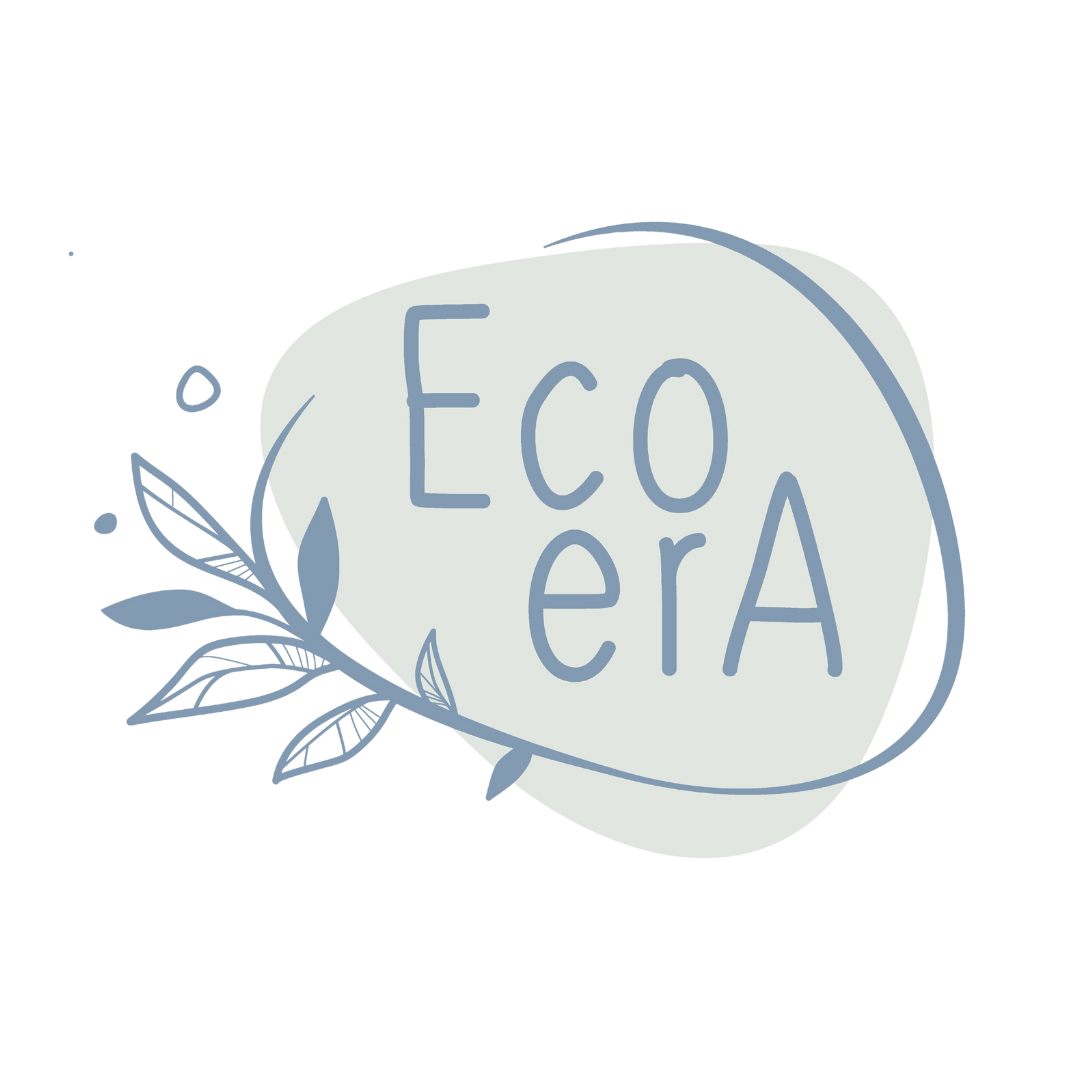
History of menstruation pads
Did you know that single-use menstrual products, such as disposable pads and tampons, have only been around for a few decades? The first synthetic disposable pads where on the market in the year 1963!
Before that, women used a variety of materials to manage their periods, including natural fibers, animal skins, and even moss!
That means that only for more or less 60 years we use synthetic disposable pads! If you know that each woman has an average of 480 menstrual periods during her lifetime, then according to the book "Flow: The Cultural History of Menstruation" that means that she throws away a total of between 100 and 150 kg of intimate hygiene products. plastic and therefore take 500 to 800 years to decompose (like...what?!)
Shame during menstruation
Of course now you understand that this is not the best option for the planet, but why woman start to use this kind of products?
One of the main factors that may influence when someone starts using single-use period products is cultural norms and beliefs. In many cultures, menstruation is viewed as something to be kept private and hidden, and girls are often encouraged to start using disposable pads or tampons as soon as they begin menstruating. This may be seen as a way to avoid embarrassment or shame associated with menstruation.
Menstruation is a natural and normal process that occurs in the female body, yet it is often surrounded by a negative stigma. This stigma is perpetuated by societal attitudes and beliefs that view menstruation as something shameful or dirty. This negative stigma can have a significant impact on women's health, well-being, and sense of self-worth.
Please woman! Don't be ashamed when you have your period! You are more then wonderful!

Why we are so critical about the synthetic pads?
Many period pads contain a variety of synthetic chemicals that can potentially have negative impacts on your health.
One of the most concerning chemicals found in some period pads is dioxins. Dioxins are a group of highly toxic chemicals that are released as byproducts of industrial processes, such as the bleaching of paper products. Dioxins have been linked to a range of health problems, including cancer, reproductive and developmental problems, and immune system damage. While the amount of dioxins in period pads is typically low, repeated exposure over time can still be a cause for concern.
Another chemical commonly found in period pads is synthetic fragrance. While these fragrances may make the pads smell pleasant, they are often made up of a variety of undisclosed chemicals that can potentially cause irritation or allergic reactions. Fragrances can also be a source of phthalates, a group of chemicals that are used to make plastics more flexible but have been linked to hormone disruption and other health concerns.
Other chemicals that may be present in period pads include rayon, a synthetic material that is often used in the absorbent core of pads, as well as adhesives, dyes, and chlorine. While the risks associated with these chemicals may be lower than those associated with dioxins and phthalates, it is still important to be aware of the potential risks.
Really short: The pads are not healthy for you and the planet!

Okey and now?
But there is a better way! By switching to reusable menstrual products, such as cloth pads or menstrual cups, we can significantly reduce our environmental impact and save money in the long run. Plus, many reusable options are made from natural materials and are free from harmful chemicals, making them safer for our bodies.
One of the main health benefits of using reusable period pads is that they are made from natural materials. Disposable pads are often made with synthetic materials and may contain chemicals that can be harmful to your body. Reusable pads, on the other hand, are made with natural materials such as cotton or bamboo, which are gentler on the skin and less likely to cause irritation or allergic reactions.
Reusable period pads are also more breathable than disposable pads, which can help to prevent bacterial growth and reduce the risk of infections. Additionally, reusable pads are more absorbent than disposable pads, meaning that they can help to prevent leaks and reduce the risk of skin irritation.
Another health benefit of using reusable period pads is that they can help to regulate your menstrual cycle. Disposable pads may contain chemicals that can disrupt the hormonal balance in your body, leading to irregular periods or other menstrual issues. Reusable pads, on the other hand, are free from these chemicals and can help to promote a more regular menstrual cycle.
Using reusable period pads can also help to reduce the risk of toxic shock syndrome (TSS), a potentially life-threatening condition that is associated with the use of tampons. TSS is caused by a bacterial infection that can occur when tampons are left in the body for too long. Reusable pads do not pose the same risk of TSS, as they are not inserted into the body and do not disrupt the natural balance of bacteria in the vagina.
Are you ready to make a change for your health and the planet?
Check our products out here & use the discount code ''CleanandGreenperiod'' when you check out!

